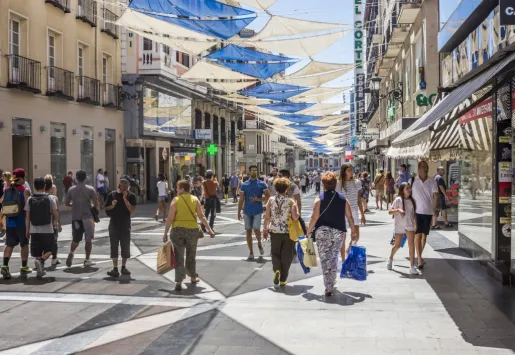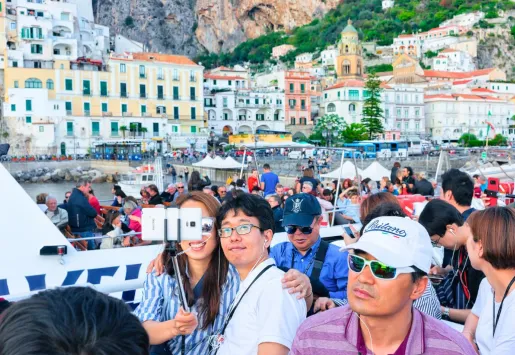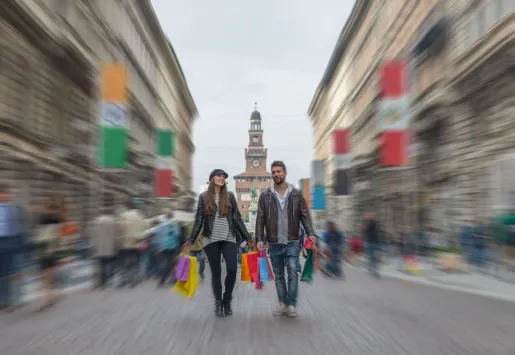
The demand for shopping tourism in Italy is growing. Double-digit growth has been registered from Japan (+20%), China (+15%), Korea (+10-20%) and the USA (10%). But even Spain showed some signs of growth, albeit not too high (+4%), while markets such as Germany and the Netherland are stable after years of growth. Shopping tourism is popular in Italian cities.
These are the data collected by Risposte Turismo, which show a healthy market, with a certain dynamism on the part of digital platforms. Italy comes out well, but there is still room for improvement.
Where should investments go? For example, there are events such as shopping festivals, which do not exist yet as a format, instead consolidated in destinations such as Istanbul, Dubai, Malaysia. It is a concept that has yet to take hold in Europe, but there are cases like Spain, where shopping tourism is among the first three pillars of the ministry development plan.
While waiting for public commitment, private individuals move. Outlets are still the main attraction, and if the festivals are missing, the shopping streets are moving, from the classic Montenapoleone and Condotti to associations such as Ponte Vecchio in Florence and Piazza San Marco in Venice, or even seaside resorts such as Viale Ceccarini in Riccione.
There are no big specialized tour operators and people still do not take shopping as a key segment. Many initiatives still revolve around hotel and carrier agreements with outlets, as well as on online platforms Musement or Italy Xp.
In addition to festivals, there are also other emerging trends to watch, such as temporary shops. Today in Italy there are 150 spaces dedicated to this type of initiatives, 70% of these in Milan and the surrounding area.
The value of experience could be, moreover, a response to the increasing diffusion of the ecommerce, even the one dedicated to Made in Italy. It is necessary to involve the territory, to let the artisans speak, those who produce, to tell the stories of Italian companies.















